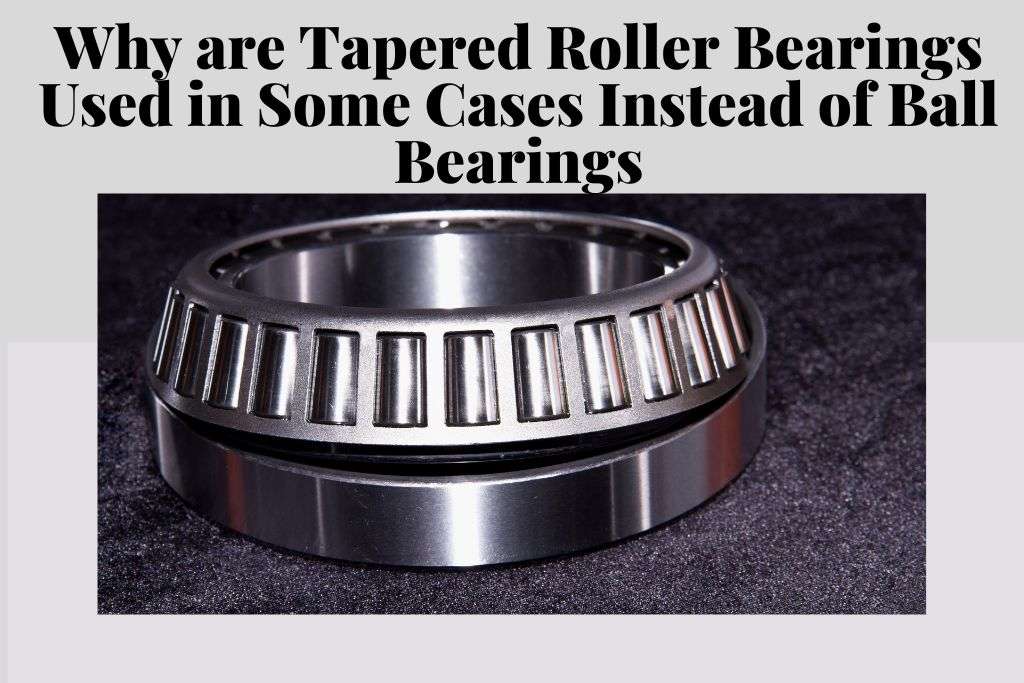
Mar 28,2024
In the world of machinery and engineering, selecting the correct type of bearing can be as critical as choosing the right tool for the job. It's not a one-size-fits-all scenario; instead, it's about precision, design, and application.
While ball bearings have long been the stalwart choice, the emergence of tapered roller bearings, along with other specialized options like precision needle bearings, has added complexity to the decision-making process.
So, why might you choose tapered roller bearings over more conventional ball bearings? Let's examine the key factors driving this choice.
Tapered roller bearings shine in applications with heavy radial and axial loads converge. These bearings are designed with a tapered inner and outer raceway, ensuring they can efficiently handle axial and radial forces.
Their ability to distribute loads across a larger surface area makes them popular for heavy-duty applications, such as construction equipment, mining machinery, and large vehicles.
Tapered roller bearings are engineered to withstand extreme conditions. Their robust design can endure high temperatures, shock loads, and high-speed rotations without compromising performance.
This resilience makes them ideal for applications where longevity is vital, such as in the wheels of automobiles or the gearboxes of industrial machinery.
Precision needle bearings often play a role in scenarios demanding utmost precision, such as aerospace or medical equipment. These specialized bearings provide exceptional accuracy, low friction, and reduced vibration, ensuring that critical components operate with the highest level of precision possible.
Tapered roller bearings come in various types, including single-row, double-row, and four-row designs.
This versatility allows engineers to fine-tune their choice based on specific application requirements. Whether it's optimizing load distribution or accommodating space constraints, there's a tapered bearing type that fits the bill.
Another big advantage of tapered roller bearings is their capability to handle thrust loads. This makes them invaluable in applications where axial forces are prevalent, like automotive transmissions or wind turbine rotors.
While ball bearings remain a reliable choice for many applications, the emergence of specialized bearings, such as tapered roller bearings and precision needle bearings, has expanded the engineer's toolbox.
The final decision depends on the specific task requirements. Whether handling heavy loads, ensuring precision, or withstanding extreme conditions, a bearing type is tailored to the job.
So, next time you're faced with the decision, remember the precision needle bearings, tapered roller bearings, and other specialized options that could make all the difference in your design.